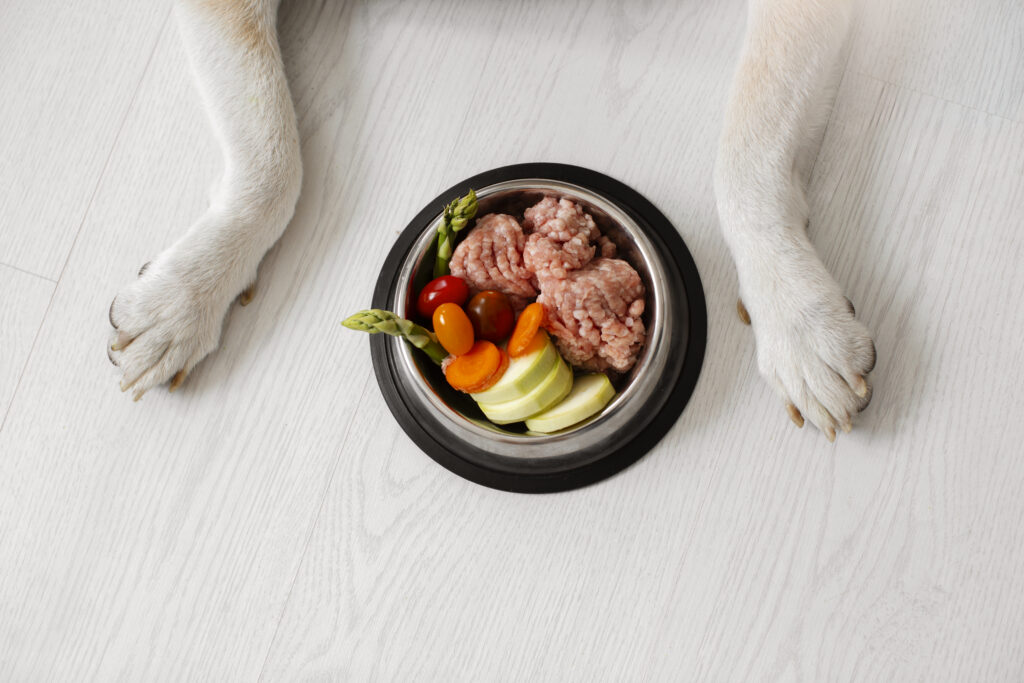Maintaining the integrity and safety of pet food is a top priority for pet manufacturers in the USA. To ensure the well-being of our furry friends, measures must be implemented to prevent the inclusion of unapproved dog food additives or supplements in dog food. This article delves into the essential steps that pet manufacturers should take to safeguard against the use of unauthorized substances. By adhering to these protocols, manufacturers can maintain compliance with regulatory standards, prioritize pet health, and build trust with pet owners. We will also explore the importance of reputable dog food brands in upholding these measures.
Table of Contents
Thorough Ingredient Verification and Supplier Collaboration
One of the primary measures to prevent unapproved dog food additives or supplements in dog food is thorough ingredient verification. Pet manufacturers should work closely with trusted suppliers who prioritize quality control and regulatory compliance. Suppliers should be transparent about the origin, composition, and processing methods of the ingredients they provide.
Regular audits and inspections of suppliers’ facilities can help ensure their adherence to regulatory requirements. Certification from recognized organizations, such as the Safe Quality Food (SQF) or the Global Food Safety Initiative (GFSI), can provide additional reassurance regarding supplier compliance.
Regular audits and inspections of suppliers’ facilities can help ensure their adherence to regulatory requirements. Certification from recognized organizations, such as the Safe Quality Food (SQF) or the Global Food Safety Initiative (GFSI), can provide additional reassurance regarding supplier compliance.
Stringent Quality Control and Testing
Pet manufacturers should establish stringent quality control processes to prevent the inclusion of unapproved dog food additives or supplements in dog food. Comprehensive testing of ingredients should be conducted to verify their authenticity and compliance with regulatory standards. This includes testing for unauthorized substances, such as artificial colors, flavors, or prohibited supplements.
Regular batch testing of the final product is essential to confirm compliance with regulatory guidelines. This testing should encompass nutritional profiling, microbiological analysis, and identification of potential contaminants. By maintaining robust quality control and testing protocols, manufacturers can identify and eliminate any non-compliant products from reaching the market.
Regular batch testing of the final product is essential to confirm compliance with regulatory guidelines. This testing should encompass nutritional profiling, microbiological analysis, and identification of potential contaminants. By maintaining robust quality control and testing protocols, manufacturers can identify and eliminate any non-compliant products from reaching the market.
Adherence to Regulatory Guidelines
To prevent the inclusion of unapproved dog food additives or supplements, pet manufacturers must stay up to date with regulatory guidelines governing pet food production. Familiarity with the regulations established by bodies such as the U.S. Food and Drug Administration (FDA) and the Association of American Feed Control Officials (AAFCO) is essential.
Manufacturers should regularly review and assess any changes or updates to these guidelines. This includes understanding the permitted additives, maximum allowable levels, and any restrictions on specific ingredients or supplements.
Manufacturers should regularly review and assess any changes or updates to these guidelines. This includes understanding the permitted additives, maximum allowable levels, and any restrictions on specific ingredients or supplements.
Transparent Labeling and Consumer Education
Transparent labeling is crucial for preventing the inclusion of unapproved additives or supplements in dog food. Accurate and clear packaging should provide comprehensive information about the ingredients used, including additives or supplements, if any. By providing transparent labeling, manufacturers enable pet owners to make informed decisions and ensure the dietary needs of their pets are met.
In addition to labeling, consumer education plays a vital role in preventing the use of unapproved additives or supplements. Pet manufacturers should educate pet owners about the potential risks associated with unauthorized substances and the importance of purchasing from reputable dog food brands. This can be achieved through educational materials, websites, and direct communication with consumers.
In addition to labeling, consumer education plays a vital role in preventing the use of unapproved additives or supplements. Pet manufacturers should educate pet owners about the potential risks associated with unauthorized substances and the importance of purchasing from reputable dog food brands. This can be achieved through educational materials, websites, and direct communication with consumers.
In Conclusion

Implementing measures to prevent the inclusion of unapproved additives or supplements in dog food is crucial for pet manufacturers in the USA. Through thorough ingredient verification, stringent quality control and testing, adherence to regulatory guidelines, transparent labeling, and consumer education, manufacturers can maintain compliance, prioritize pet health, and foster trust with pet owners. By upholding these measures, reputable dog food brands play a vital role in ensuring the safety and quality of pet food, ultimately contributing to the well-being of our beloved canine companions.








